Is Dracula the first cyberpunk novel?
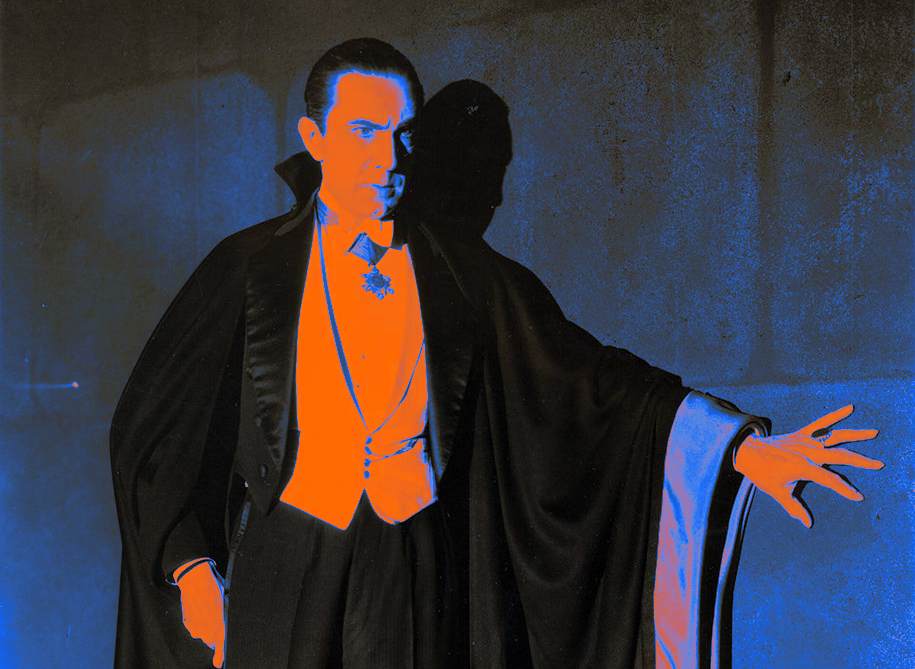
Despite putting the blog on hiatus, this idea crept into my head and wouldn't get out until I wrote it. Plus, I've noticed that people keep subscribing (perhaps arriving here after reading my novel?) so I feel like I should post something for those who've signed up but haven't yet received a single email. I make no promises about any further posts, but I hope you enjoy this one.
Dracula was one of those books that I'd learned so much about through cultural osmosis that I'd never bothered to actually read it. (Other embarrassing entries in this category include Nineteen Eighty-Four, Wuthering Heights and The Iliad.)
But this month, I actually read it! And I couldn't stop thinking about the question in the headline above: is Dracula cyberpunk?
If you look at genre as a shared aesthetic, a lineage of influence, or a marketing category, then the answer is: "No. Neuromancer is the first cyberpunk novel." (Is there any other genre with such a clear point of beginning?)
But if you define cyberpunk simply as "a novel that explores the ramifications of new information and communication technology", then I think I can make a good case that Dracula counts!
First of all, Dracula is a story told through cutting edge information technology. It is an epistolary novel. And usually when you hear that term, it means something like "this book is made up to look like someone's diary". Or at most, it's composed of two people writing letters back and forth. But Dracula does a lot more than that. The whole novel is a collage of different text types, including letters, diaries, newspaper articles, ship's logs, telegrams, and phonograph recordings.
Second, the whole plot of Dracula is set in motion by information technology: namely books, letters and the postal service. The story begins with a British real estate agent, Jonathan Harker, being summoned to Dracula's castle in remote Transylvania. Dracula wants to buy a house in London. This much I already expected. But what most adaptations gloss over is that Dracula gets the idea of moving to London because he has read about it:
A table in the centre was littered with English magazines and newspapers, though none of them were of very recent date. The books were of the most varied kind—history, geography, politics, political economy, botany, geology, law—all relating to England and English life and customs and manners. There were even such books of reference as the London Directory, the “Red” and “Blue” books, Whitaker’s Almanac, the Army and Navy Lists, and—it somehow gladdened my heart to see it—the Law List.
Notice, for instance, that in Robert Eggers' recent Nosferatu (2024), the whole story hinges on the fact that Dracula/Orlok has a special connection with Ellen Hutter (who is based on the book's Mina Harker). Orlok is coming to London specifically for her. But this concept isn't present at all in the novel! Dracula just wants to go to London because he thinks it would be a cool place to live:
"Through them [the books] I have come to know your great England; and to know her is to love her. I long to go through the crowded streets of your mighty London, to be in the midst of the whirl and rush of humanity, to share its life, its change, its death, and all that makes it what it is."
Dracula has been stuck in his mountain castle for centuries. Why is he deciding to move now? The implication is that the expansion of the postal service, along with new networks of commerce, is what has awakened him from his slumber.
Compared to the modern conception of a vampire, Dracula is less limited in some ways but more so in others. He doesn't burn in the sunlight (though he does lose access to his powers). More importantly, he has to sleep during the day in his own coffin. This makes it really hard for him to travel far from his castle... until someone invents a reliable system of intercontinental shipping.
With new communication technology, Dracula is able to buy a house--anonymously, at a distance. Then he hires someone (again, by mail) to ship his coffin to London. From there, his next step is to purchase more properties around London and fill them with more coffins so he has plenty of places to hide. None of this is possible without anonymizing social technologies such as estate agents, lawyers, contracts and bills of sale.
Eggers' film leans heavily into the theme of Dracula as a bringer of disease. And that idea is present in the original novel, but as much as he's infecting human bodies, Dracula is also infecting systems and spaces. If British society is like an organism spreading across the globe, Dracula is an infection that enters through the periphery and works its way into the core.
The threat of Dracula evidently reflects some level of anxiety about the new, more atomised society that was emerging in the late 19th century. So it makes sense that the good guys in the novel are the polar opposite of Dracula: whereas he is anonymous and untethered to anyone, the heroes represent an older form of society based on social connections and reputation.
If you were to draw a map of the human characters' connections, it would look like a web with Lucy Westenra at the centre. When Dracula starts drinking blood from Lucy, he unknowingly pulls on all these threads, causing a whole team of upper-class Brits to assemble against him. This includes Lucy's friend Mina Harker; her fiance Lord Godalming; and two other men who had previously proposed marriage to her. One of these men, Dr. Seward, in turn summons his trusted mentor Van Helsing from Amsterdam, and this last character is the one who proves most critical in Dracula's defeat.
(Incidentally, pop culture had taught me that Van Helsing was the quintessential professional vampire hunter. So I was surprised to find that he's actually just a regular doctor, who suspects the existence of vampires but has never actually met one before the novel begins.)
Point being, all these people are connected by bonds of trust. No money changes hands, they just do things for each other because they like each other (and also from a general sense of class solidarity between upper class British people.)
But the group's biggest wielder of "social power" is definitely Lord Godalming. Everyone in the team is comfortably wealthy, but only Godalming is an actual aristocrat. The power of his reputation is demonstrated in several scenes where the characters can get what they want from some minor bureaucrat just by mentioning Lord Godalming's name. It strikes a sharp contrast to Dracula's way, which is just to hand out Transylvanian gold to anyone in his path. (One of my favourite moments in the book is when the heroes finally confront Dracula in his lair; when Jonathan Harker stabs the vampire, it hits his purse and causes dozens of fat gold coins to spill out.)
So that's basically my case for Dracula as a cyberpunk novel. Novel technologies: check. Atomising society: check. Punks who hack the system from within: er, sort of... if you count Dracula himself. Yes, it's a bit thin, since he's literally a Count and super rich to boot. But my point is that "just spend money on it" is a kind of hack from the viewpoint of the older, reputation-based society that Dracula is intruding upon.
My next thought was to flip this question around and ask: what would the Dracula story look like if it were transplanted into a modern context? What's the modern equivalent of a remote castle in Transylvania, and what kind of technology would awaken the evil that slumbers there?
The answer that comes to mind for me is the microgenre of "AI doom" stories, in which a superintelligent AI "wakes up" and stealthily takes over the world. Often these stories blur the line between fiction and serious predictions for the future; the most recent and well-known example is "AI 2027", but there is a long history of stories like this in the AI safety community: see for example Gwern Branwen's "It Looks Like You're Trying To Take Over the World".
The format of the Dracula narrative is almost all there. Like Dracula, the AI starts out powerful but ignorant. Like Dracula, it infects human society through anonymous systems and impersonal cash transactions. The classic example of how an AI would destroy humanity, according to AI arch-doomer Eliezer Yudkowsky, would be to hire a freelance laboratory to synthesise a seed population of self-replicating nanobots. The human workers don't know what they're doing, and they're paid well enough not to ask questions. Now, I have no idea how plausible "synthesise self-replicating nanobots" is; but the part about humans quietly selling out the world seems all too realistic.
I don't exactly know what meaning to draw from this comparison. It would be tempting to use it as a cudgel against the AI doomers: as evidence that they are, as AI skeptic David Gerard puts it, "telling scary campfire stories", rather than making serious predictions about the future.
But this actually seems backward to me. Just because something happens in a fictional story, doesn't mean it can't ever come true. Rather, seeing parallels between the anxieties of the 1890s and the 2020s makes me feel like this problem--of how to deal with bad actors in an atomised society--is a conflict we have been struggling with for a long time, and the AI stuff is only its latest expression.
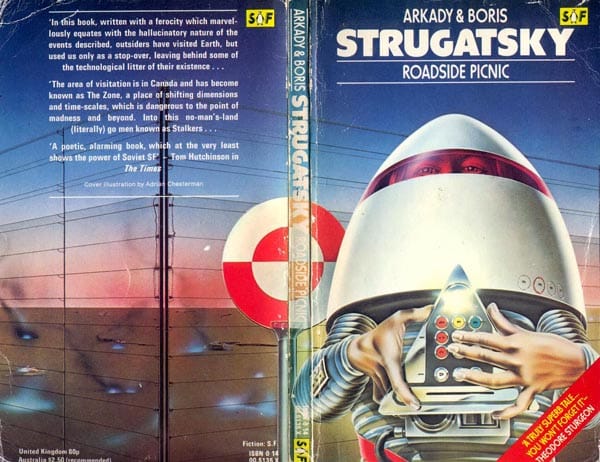
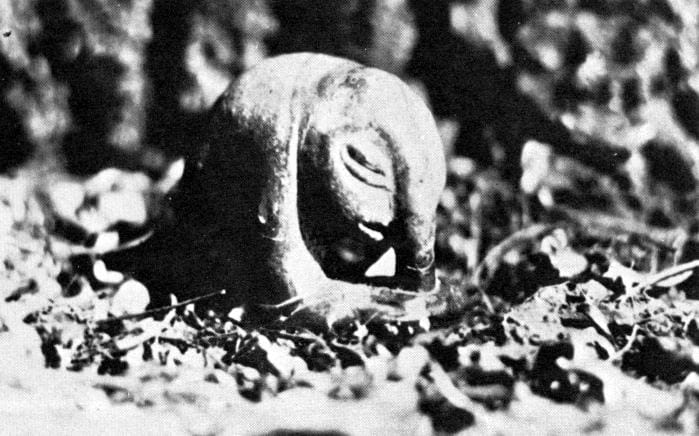
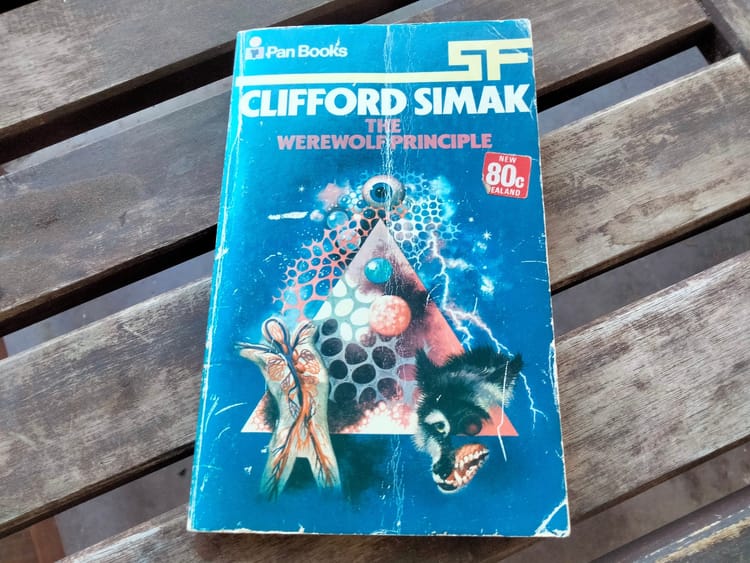

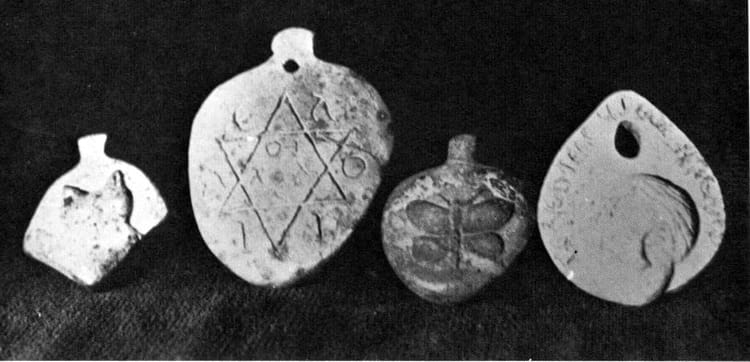
Member discussion